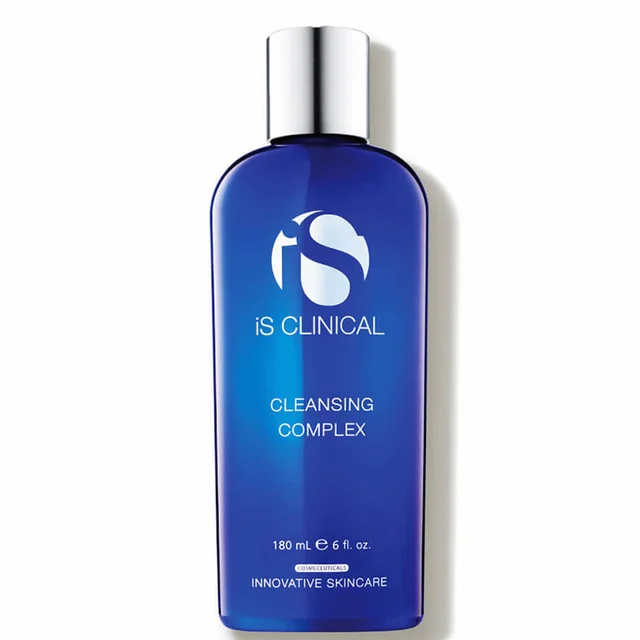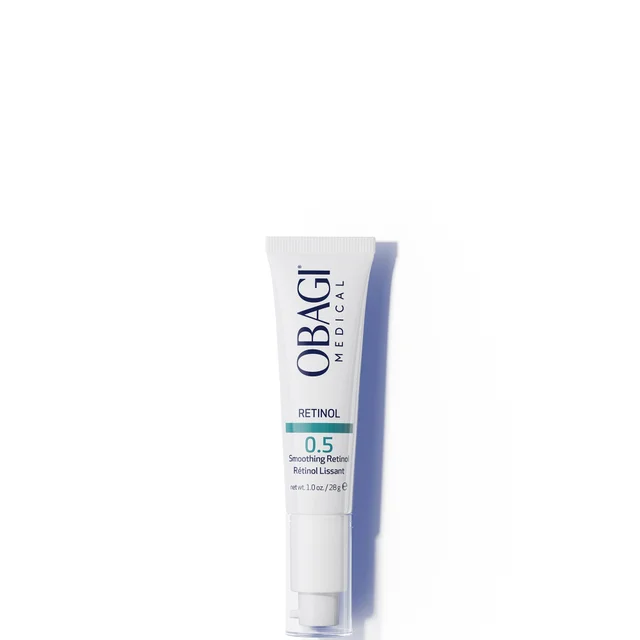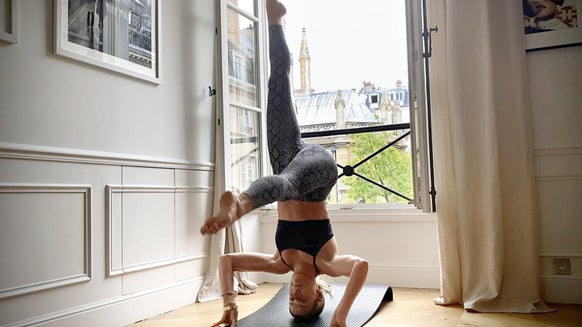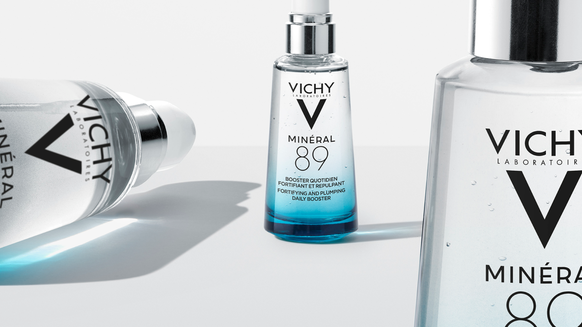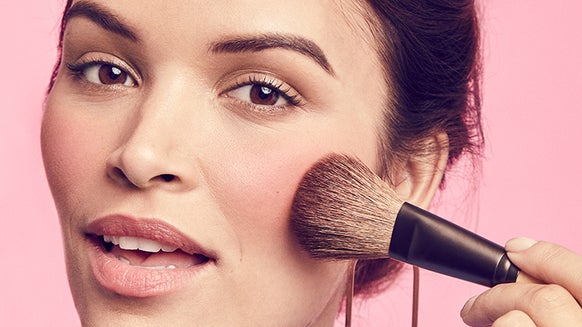The Only 3 Steps Your Skin Care Routine Needs
It’s easy to get carried away with unnecessary skin care steps, especially when it seems like everyone in your feed is dropping their 14-product nighttime routine. But more and more experts are now recommending a simpler, streamlined approach for healthy skin. Think: fewer steps, more targeted ingredients.
It’s an approach that our own experts have long embraced. “My philosophy on healthy skin is all about the basics that I put into three categories: cleanse, correct and protect,” says Roslynn Reese, one of Dermstore’s expert in-house estheticians (who trains our customer service team to answer your toughest skin care questions).
Whether you’ve decided 2021 is the year you’ll finally commit to a serious skin care routine or you’re looking to pare down your products and get back to basics, these three (customizable!) steps are all you need to achieve your best-ever glow.
1. Cleanse
No matter how you go about it, cleansing your face should be your first priority—not only because it helps remove impurities and dead surface cells, but because every product you apply afterward will absorb better into clean skin.
How you cleanse depends on your skin’s needs. “If your skin is young and healthy, the manual manipulation of your face is enough to remove the cells that are ready to come off,” so you can simply use your fingers and a gentle cleanser, Reese says. As you age, cell turnover slows, which can leave skin dull, flaky and less able to absorb products—all signs you might want to exfoliate as part of your cleansing step. “This can be achieved by physical exfoliation with a scrub or a cleansing device, or by chemical exfoliation with ingredients such as AHAs or enzymes.”
2. Correct
Once your face is clean, it’s time to get down to business. The correcting step “is where the targeted treatment happens,” Reese explains, and can include masking, purging your pores and/or applying serums with concentrated ingredients to address a specific issue.
Correcting your skin’s imbalances might be a single step, like applying a hydrating hyaluronic acid serum, or it might involve multiple products. It might look different depending on the time of day or day of week. For example, you might use a vitamin C serum in the daytime and a retinol treatment a few nights a week. What matters most is giving your skin what it needs based on your skin type and its current condition. (Not sure? Here’s how to identify your skin type. Your dermatologist or esthetician can also help you figure out your skin’s needs.)
3. Protect
Yes, this is the part where we remind you to wear sunscreen every day—but protecting your skin is also about fortifying its natural moisture barrier. “Maintaining the skin’s barrier is the most important thing you can do for healthy skin,” Reese says, and the best way to do it is by using the right moisturizer. If your skin is feeling dry and tight, or if you have new flaky or sensitive patches, those are signs your barrier might be impaired.
Back to SPF. A broad-spectrum sunscreen is essential every. single. day. Why? Because your dermatologist says so, and also because even if you’re spending most of the day indoors, blue light from your device screens may damage skin. “Using a moisturizer with SPF and blue light protection is a great way to keep it simple,” Reese advises. See? Having healthy skin doesn’t have to be complicated—unless you want it to be, in which case, enjoy that 14-step routine to the fullest.
Where to Start
Choose products that tick multiple boxes to begin building the ultimate streamlined routine. Here are a few we love:
1. iS Clinical Cleansing Complex (6 oz.)
2. Obagi Medical Obagi360 Retinol 0.5 (1 oz.)

From the latest hair and makeup trends to the best solutions for your skin issues, we've got all your beauty concerns covered!
